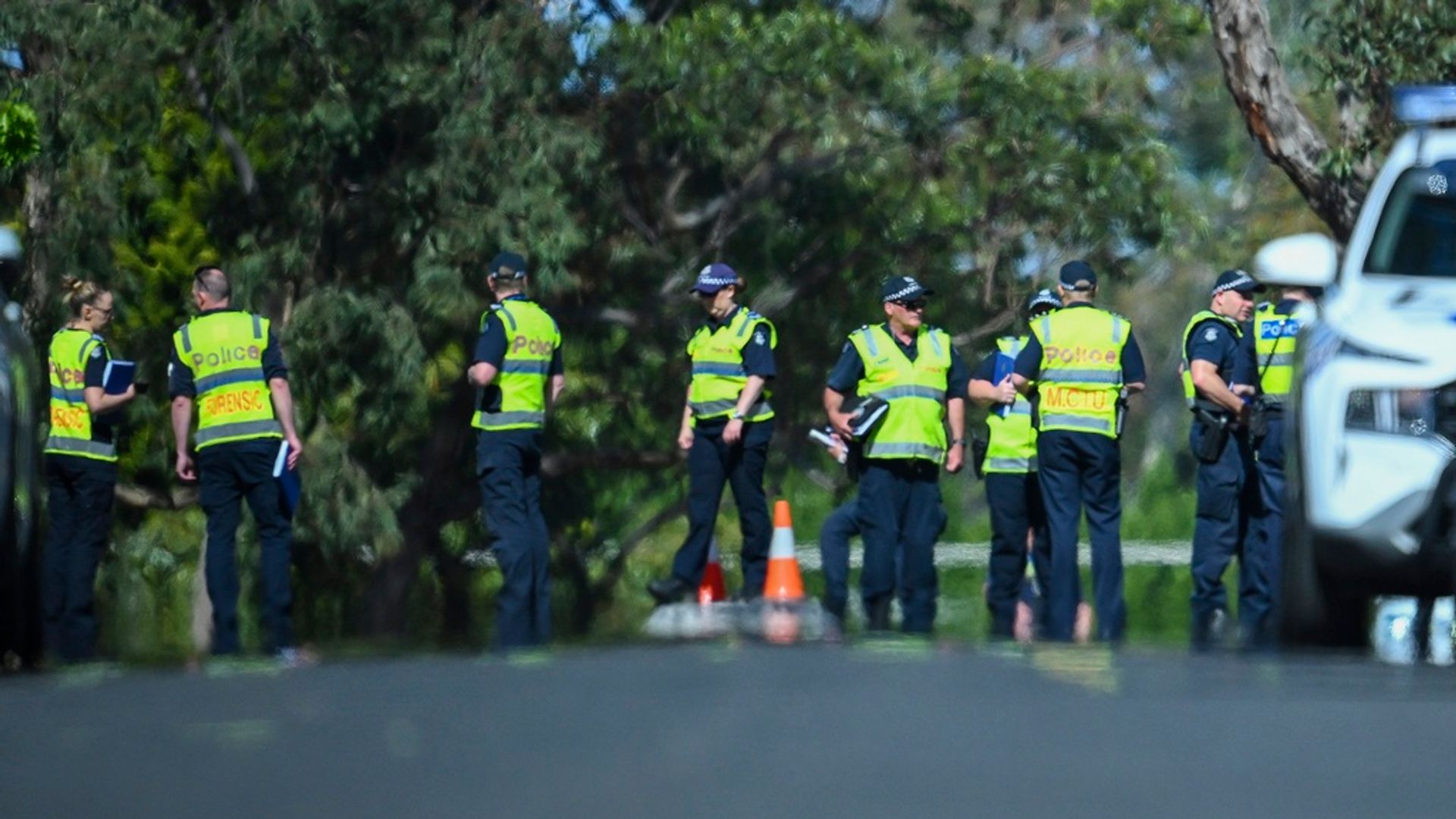
The state has purchased a property on Route 172 in Ellsworth for a new courthouse, but a group of neighborhood residents isn’t happy about it.
Dozens of signs making their opposition known have been placed in front of several homes along the stretch of road near Josie’s Country Store, which directly abuts the proposed building site. Route 172, known locally as Surry Road, is the main route that connects Ellsworth to towns on the Blue Hill peninsula.
“NO COURTHOUSE in our NEIGHBORHOOD!” the signs read.
Building a new courthouse in the predominantly residential area will change its character and could make traffic congestion worse where Route 172 intersects with routes 1 and 3 on Bridge Hill, about a half-mile away, opponents say. The proposed building site is almost a mile away from the current courthouse on State Street in downtown Ellsworth.
“This courthouse proposal came to the state without any consideration by the three subdivisions, apartment complex and trailer park or any other resident that lives or that travels that two-lane highway that is a bottleneck during high tourist season,” Gordon Workman, a spokesperson for the newly formed Surry Road Neighborhood Preservation Association, said in a letter last week to state officials.
The neighborhood has had only limited commercial development that is meant to serve its residents, and a courthouse would be inconsistent with the surrounding properties, he said.
“This urban crawl is a very bad idea,” Workman said.
Barbara Cardone, spokesperson for the state’s judicial branch, said the purchase of the 18-acre property closed on March 15. She said the state is waiting on additional funding before it develops final plans for the site.
Cardone said the state plans to hold a public meeting in Ellsworth about the proposed location in the coming weeks, but the date and venue have not yet been determined.
“We are aware of the concerns,” he said. “There doesn’t seem to be an issue of whether we need a new courthouse. The issue is where to put it.”
Cardone said the state is planning to adhere to the neighborhood’s zoning restrictions and to go through the planning board to get city approval for the new courthouse.
The state has been considering options for upgrading its court facilities in Ellsworth for a few years, as part of a comprehensive effort to modernize courthouses throughout the state. That effort has included the expansion or construction of new courthouses in Augusta, Bangor, Belfast, Biddeford, Machias and other locations.
The current courthouse, which is shared with Hancock County governmental offices, was constructed in the 1930s after a previous courthouse on the same site burned down. It has had a few additions built onto it since then, creating a winding maze of corridors and disconnected offices on the third floor where the state courts are located.
“In spite of these renovations, the courthouse has numerous safety, space, electrical, and mechanical deficiencies that have negatively affected court operations and public service for many years,” Amy Quinlan, the state’s top court administrator, told legislators last month. “It does not provide separate and safe circulation for the staff, the prisoners, and the public.”
Parking is also inadequate at the existing courthouse property, she said.
The county’s offices will remain where they are when the judicial branch moves its court facilities to another site.
Cardone said the state considered “a number” of other sites in Ellsworth before choosing the location on Route 172. It conducted thorough studies of two other locations — the home of former legislator Ruth Foster, which is directly adjacent to the current courthouse, and another site on Bucksport Road — but rejected them, she said.
Designing and constructing the new 64,000-square-foot courthouse, including 125 public parking spaces, is projected to cost $55 million, according to the state. The state’s goal is to have the project completed by the end of 2026.
The state also is planning to consolidate and make major renovations to courthouses in Skowhegan by the end of 2027 and in Lewiston by October of 2029, according to state officials.











